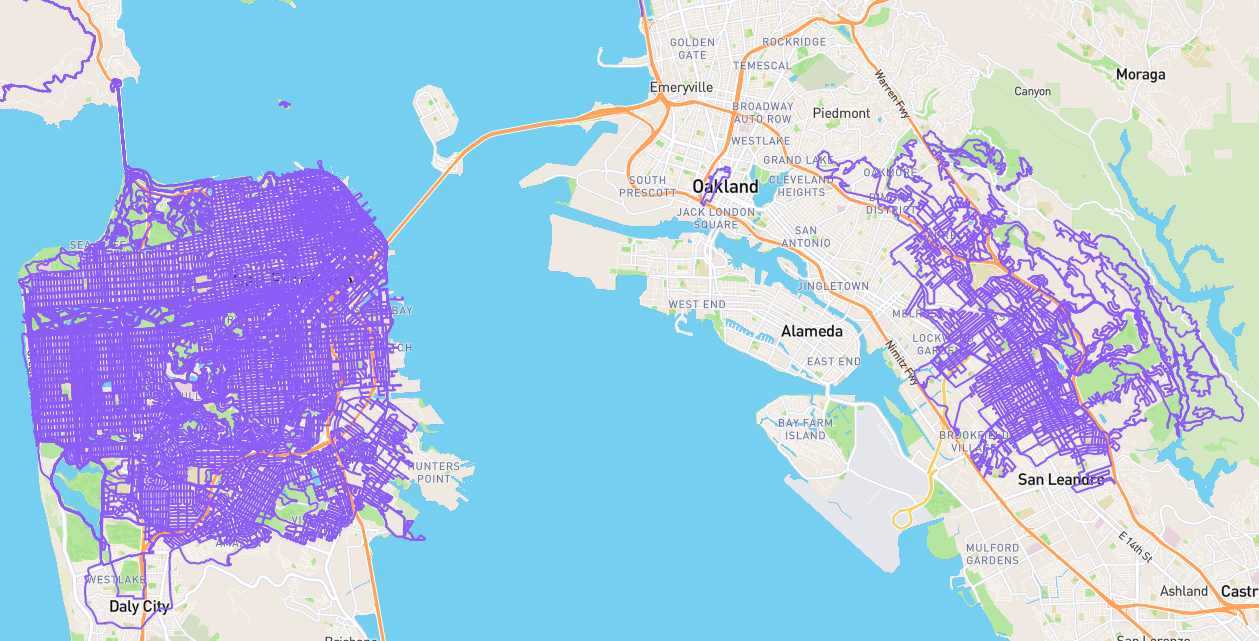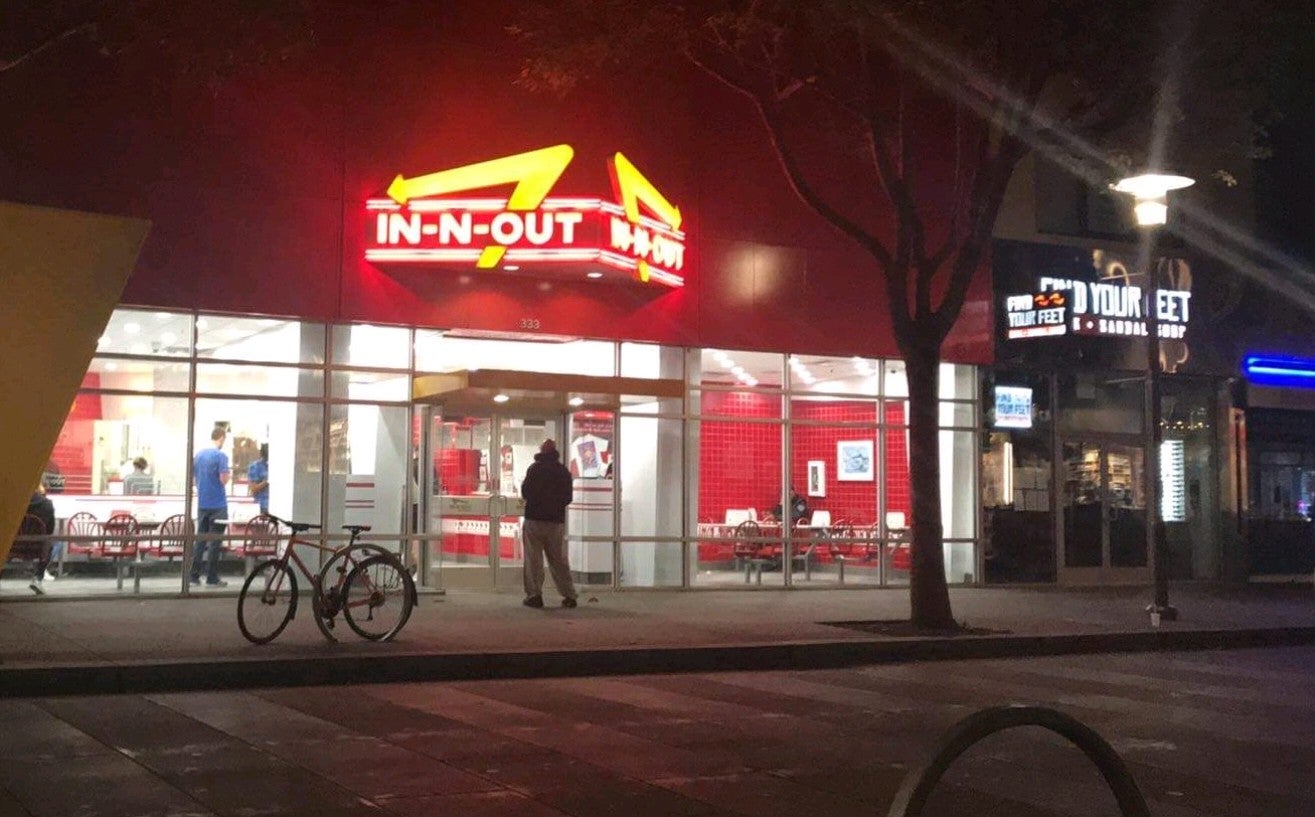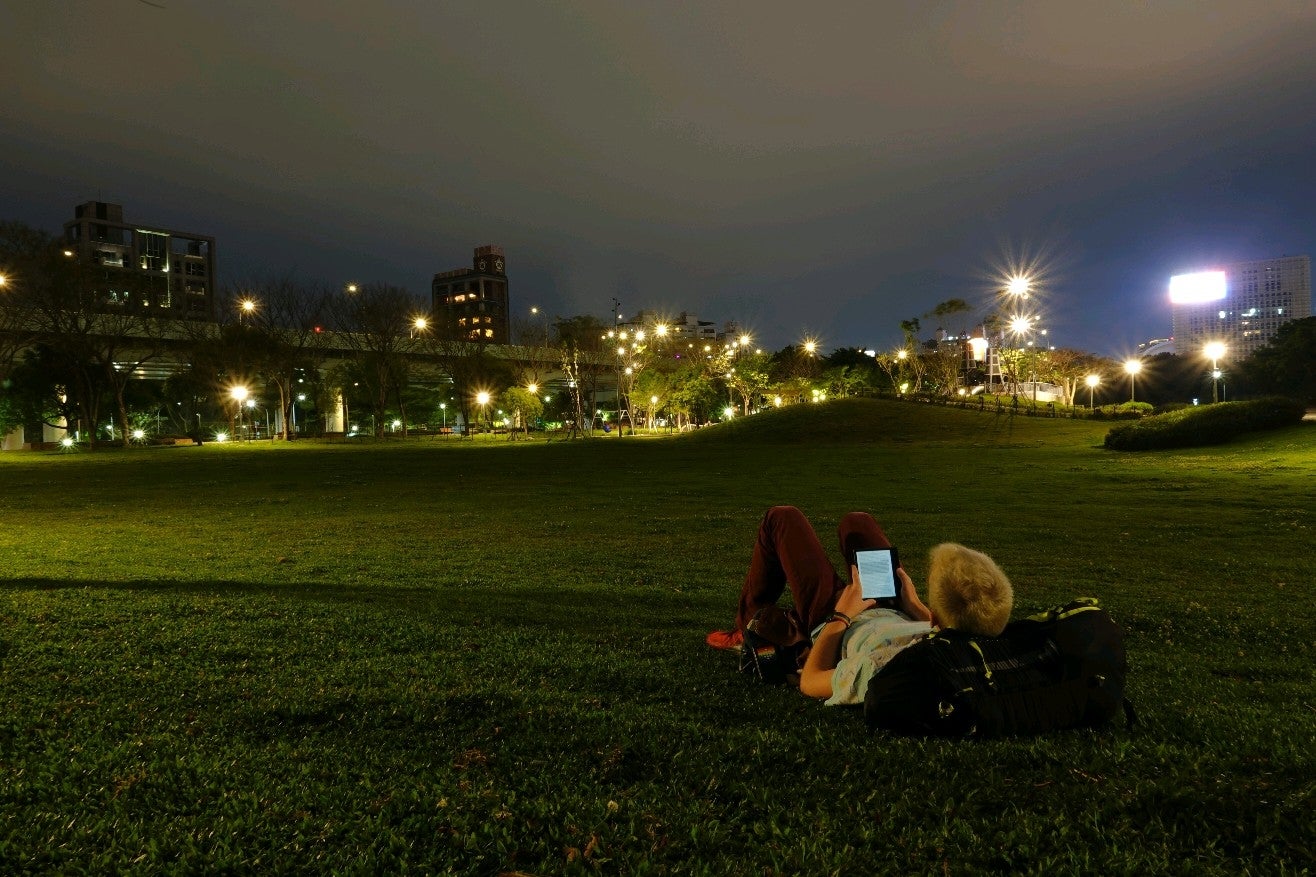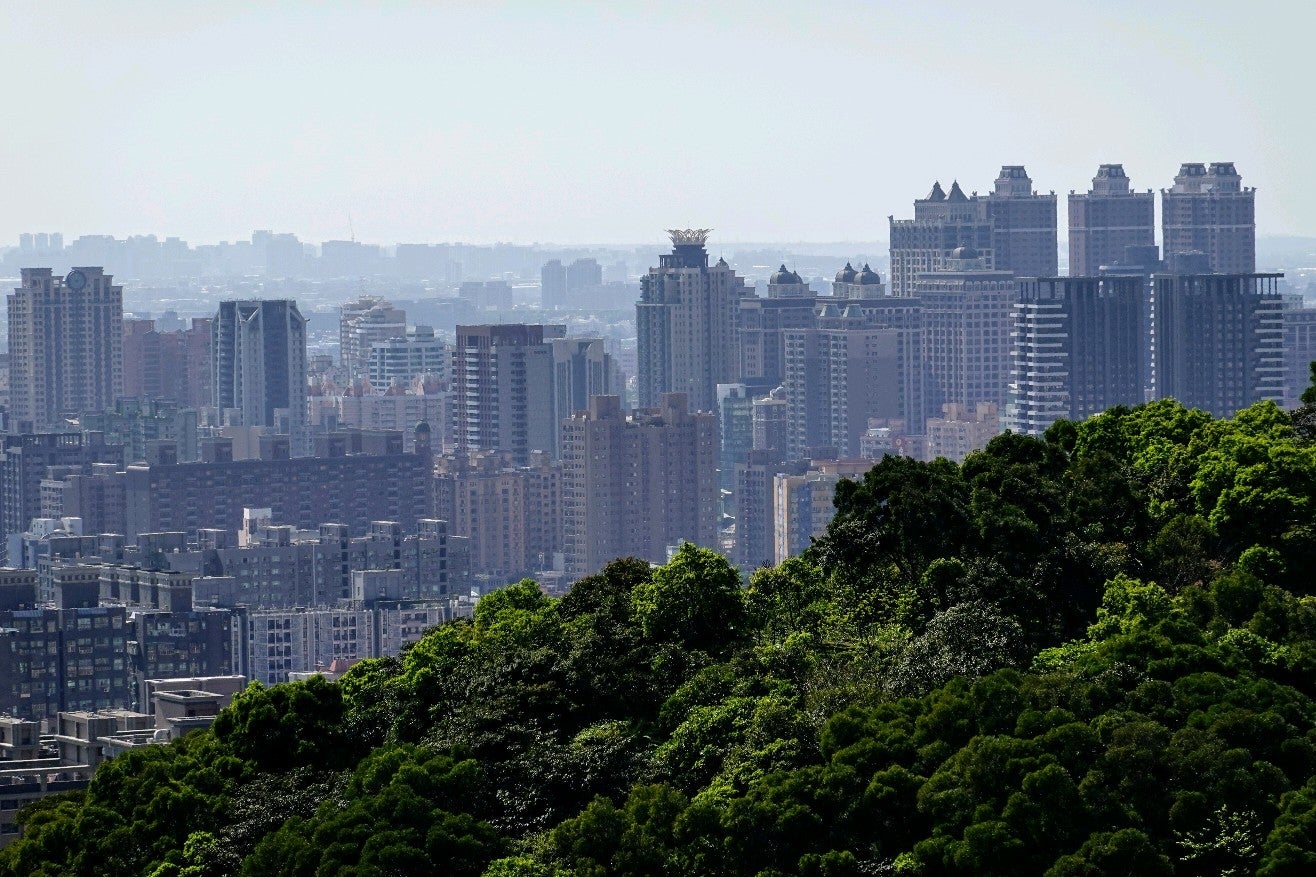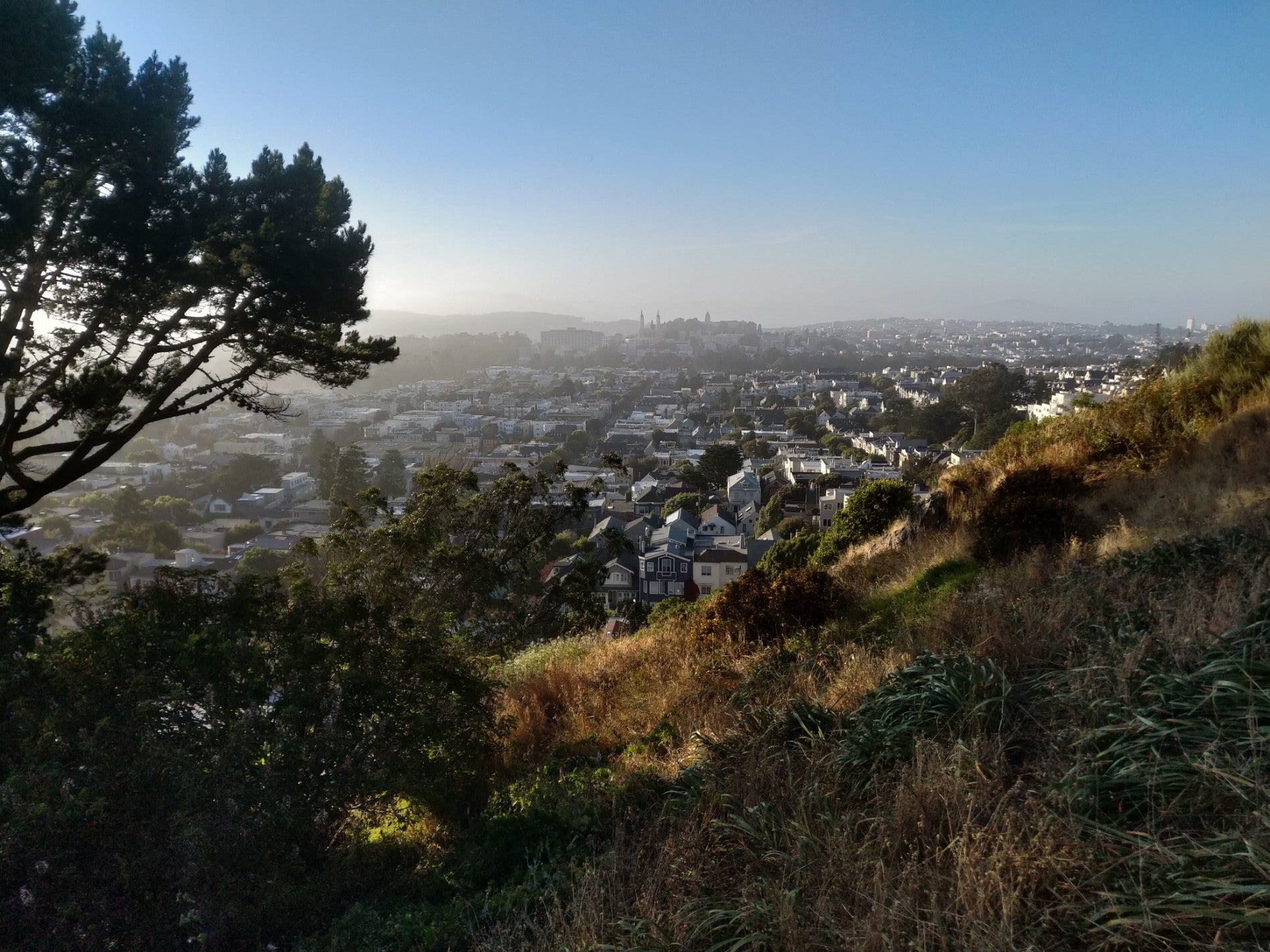Years of photos, comments gone from Facebook
I noticed May 11 I could not upload photos to Facebook via the Adobe Photoshop Lightroom Facebook plugin I had been using for several years. This was not a surprise, as I have been having intermittent issues with my publisher connections through my recent reformatting and data shuffling process. I thought the worst case would be needing to reauthorize the plugin and perhaps create a new “May 2017” album to continue uploading to. Then I checked Facebook and saw it was much worse. Thousands of photos were missing, and I was not alone.
I was somewhat glad when I saw others on Twitter reporting the same problem. That gave me hope it was a glitch on Facebook’s part and my photos, and, perhaps more importantly since they would be irrecoverable, all the comments and other metadata, would be restored. After about a day, the problem was apparently fixed, but Adobe has not offered much information about what happened, and my confidence is still at about zero. It seems I must now modify my photo workflow to include manually uploading the photos to Facebook so they and the comments, etc., will be only at the mercy of Facebook itself and perhaps my own user error (which was my first thought when the particular photo I first noticed was missing was missing).
I asked on Twitter for more details, but Twitter is not lending well to the response users deserve. I have therefore written this out in a slightly longer form and sent a link on Twitter:
@AdobeCare Thx. I guess bottom line is if my FB interactions and data could be lost due to using LR, I should not use LR to upload to FB.
— Charlie Gorichanaz (@CNG) May 15, 2017
@CNG Hi Charlie, it seems that the plugin installed in Lightroom for Facebook which had been authorised was removing the images.
— Adobe Customer Care (@AdobeCare) May 15, 2017
Inadequacy of Adobe’s response
Adobe’s response has been wholly inadequate. Adobe needs to provide more details about what exactly went wrong so users can be confident in the continued use of Photoshop Lightroom to upload photos to Facebook and confident the associated data such as location and person tags, comments and shares will not be at risk.
I can understand a bug in the Facebook plugin might cause an authorization problem. I would have expected the worst case of that situation would be inability to upload more photos to Facebook. Especially considering the plugin claims to not be capable of deleting photos (since it notifies users of the need to manually delete a photo when it is removed from a collection that is uploaded to Facebook), I would not expect anything already uploaded to Facebook would be in jeopardy of disappearing at any future point, regardless of actions of Adobe or myself or anyone else short of Facebook going out of business.
In this case, not only was there an authorization problem that prevented uploading additional photos to Facebook, but apparently all photos previously uploaded with the Lightroom Facebook plugin were missing, including the albums the plugin created to hold those photos. (I am not sure if photos manually uploaded to those albums were also missing.) This of course was inconvenient and confusing for anyone trying to view those photos, most of whom would have no awareness the photos were uploaded with Lightroom. In my case, I observed all the notifications of comments and tags on the photos had disappeared from my activity stream. Emails I received from Facebook regarding interactions had broken links, just as if the photo had been deleted. I will not even address the potential psychological and social implications this might have for people sensitive to hidden meanings behind perceived actions on social media. All this reflects extremely poorly not only on the users who posted the photos, but also on Facebook for apparent service problems and certainly on Adobe for anyone aware the photos were managed by an Adobe product.
Now that the bug is fixed, it seems the albums and photos are back to normal on Facebook, but to my knowledge Adobe has not explained the problem or resolution any further than what was posted on Facebook plugin shows unauthorized:
Facebook plugin shows unauthorized and will not re-authenticate
Issue
The Facebook publish plug-in shows unauthorized and will not re-authenticate. Previously published images and albums are no longer visible on Facebook.
Solution
This issue was resolved at 11pm, May 11th, 2017.
I will not be comfortable continuing to use the plugin unless Adobe can address concerns such as the following:
- Why exactly did the photos and albums disappear from Facebook?
- What data if any is the Lightroom Facebook plugin supposed to be able to delete from Facebook?
- What data if any could the Lightroom Facebook plugin delete from Facebook in the worst case of a bug or malicious intent of an Adobe employee or an attacker compromising a user’s computer, account or even Adobe’s development process?
- What steps were required to solve the problem?
- If Adobe (or Facebook?) could not solve the problem, would all the Facebook metadata such as location and person tags, comments and shares been lost forever?
- Who if anyone would be liable for possible legal implications of data becoming irretrievable? Would a user have any recourse if, for example, a criminal or civil court case depended on evidence that had gone missing because of this problem?
- Is it possible for Adobe to design the plugin in such a way that it would be incapable of causing photos to go missing? For example, could users authorize it to add data to Facebook but not authorize it to delete, even in the case of an authorization problem? This would automate uploading to Facebook but otherwise the photos and albums would behave exactly as if the user manually uploaded them to Facebook (and is incidentally how I thought the plugin worked already).
- Is it possible for users to convert already uploaded photos and albums to a format impervious to future problems with the Lightroom plugin such that users who wish to cease using the plugin can be assured all their data will be safe here on (short of reuploading all the photos manually, which would create new URLs and require retagging and asking all previous commenters to comment again on the photos in the same order, which would still present a problem of the dates of the comments being wrong)?
- What, if anything, was done or is being done to prevent a future similar problem?

